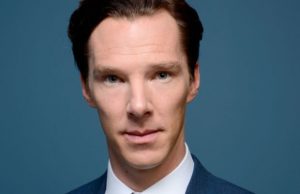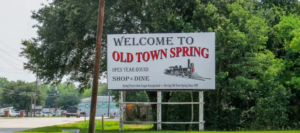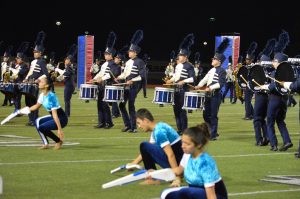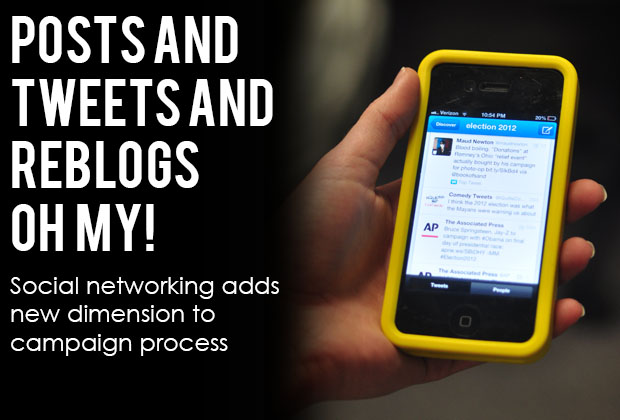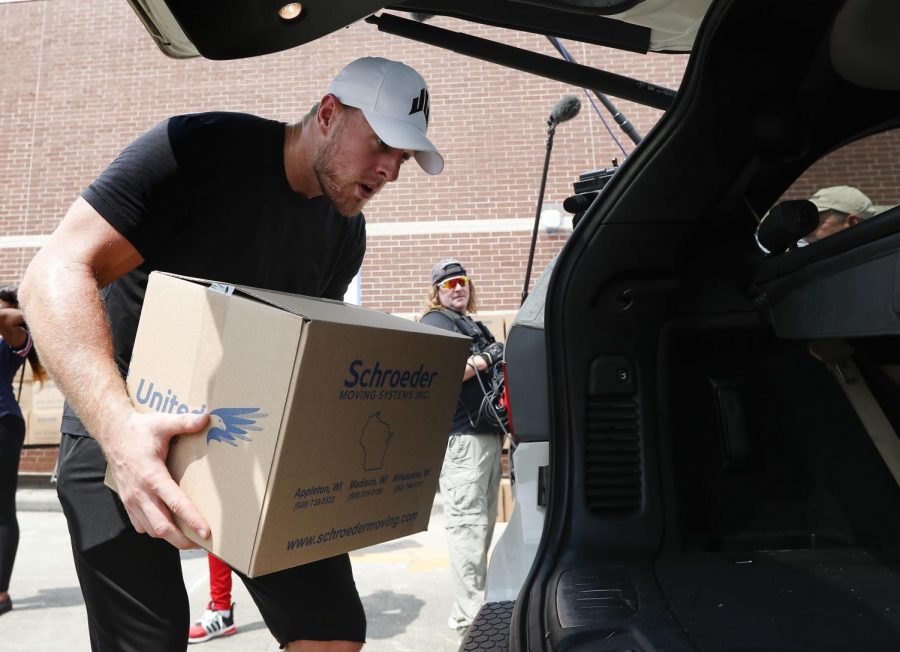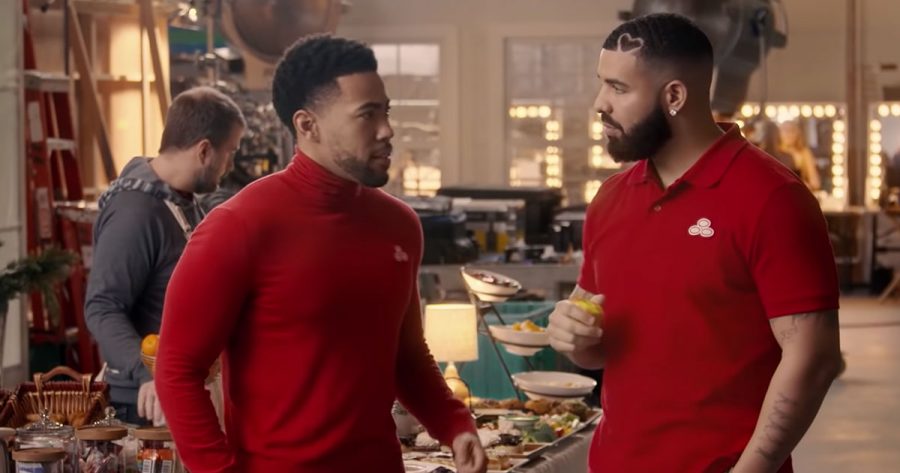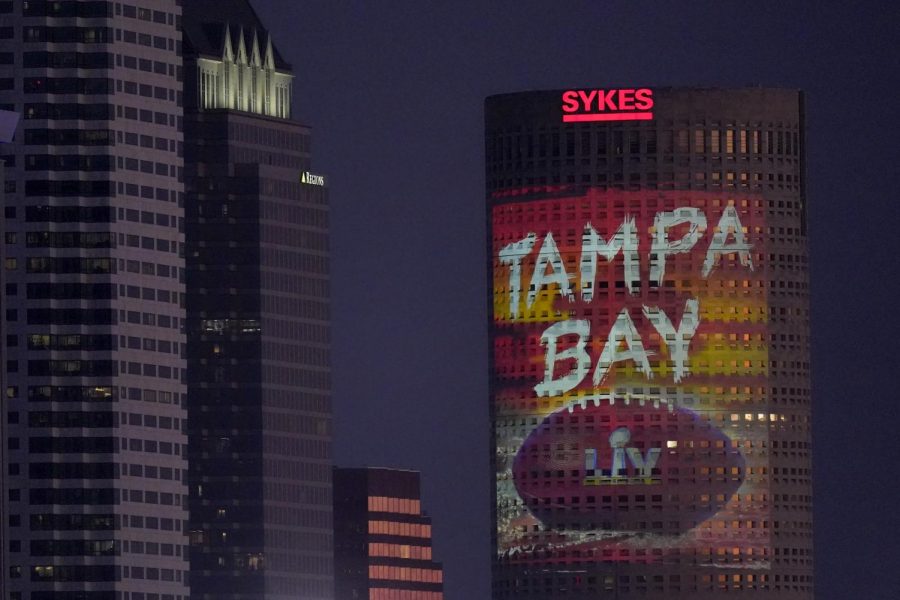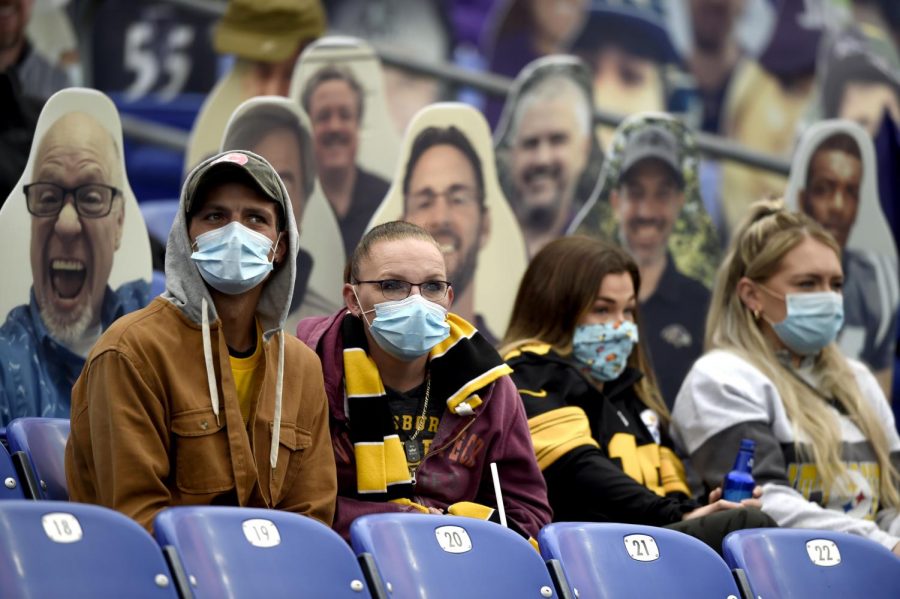Two candidates square off as the moderator shifts to a new segment, the audience respecting their vow of silence. Viewers at home watch as the candidates argue and skirt around questions. The heated debate between the two potential presidents correlates to millions of smaller, yet equally important debates, not on live television, but on the Internet.
With Facebook tripling in numbers and Twitter growing eightfold since the 2008 presidential election, the campaigning process has come to revolve around the Internet. Providing voters with an instant, very public form of expression, social networking serves as a platform for users to share their political views, drawing students into the world of politics, something encouraged by government teacher Joel Hughes.
“Students are going to use math every day, history gives a well-rounded education, but government class is the only thing that is going to affect them every day for the rest of their lives, whether they like it or not,” Hughes said. “It’s going to affect them where it matters most.”
The increased awareness of politics can be seen throughout social networking, particularly following presidential debates. According to Twitter, there were 6.5 million tweets in the closing 90 minutes of the final presidential debate. The second debate brought in a total of 7.2 million tweets, but was beat out by the first debate, reaching 10.3 million tweets, making it the most-tweeted political event in Twitter history, beating out President Obama’s acceptance speech at the Democratic National Convention one month before.
“Social networking takes the conversation at the water cooler and spreads it out worldwide,” Hughes said. “People can talk politics with groups all over the world. Plus, the organized effort allows people to communicate with others of a like mind. If people have a point of view to advance, social networking can only make it more efficient.”
The efficiency of social networking has given rise to a real-time political outlet among the public. Phrases such as “binders of women” and “bayonets and horses” start trending the instant they are spoken on live debates. Although this, along with the “meme,” adds an element of humor to the election process, to junior James Sharpe, the problem of inaccurate information and biased statements still stands.
“What I’ve generally come across with kids is that they’ll say, ‘oh my god Obama’s so awesome he rode a skateboard to meet a Chinese delegate,’ and they’ll say, ‘he’s awesome I’m going to vote for him,’” Sharpe said. “None of that’s going to run a country, so I really don’t see how that helps. That’s the kind of fallacy you get with making humor your main political source.”
To Hughes, getting election news via social networking does not represent a problem, so long as students approach statements with caution, always aware of bias.
“Any source of information is good as long as it’s evaluated correctly,” Hughes said. “Something may be true in the newspaper or internet, but the question you have to ask yourself is does it really matter. Information from social media is only useful if the student will evaluate the information asking if things are worthy of effecting who they should vote for.”
Nonetheless, the influence of social networking has opened new doors for the campaigns of the future, making it easy for students to follow the presidential race. According to sophomore Jackson Peak, students should take up the responsibility of keeping up with politics.
“In the next four years, students will be voting, so it’s important to know who they could possibly be siding with,” Peak said. “Aside from using social networking, students should watch the debates too, maybe read a few articles about candidates. If they just go off of social networking, there are a lot of opinion based facts, so they can’t go solely on that.”
In their race to win swing states like Ohio, both President Obama and Mitt Romney have taken to their respective Twitter and Facebook accounts to rally support. With early voting already open, only Nov. 6 will tell who is to be the next President of the United States.




